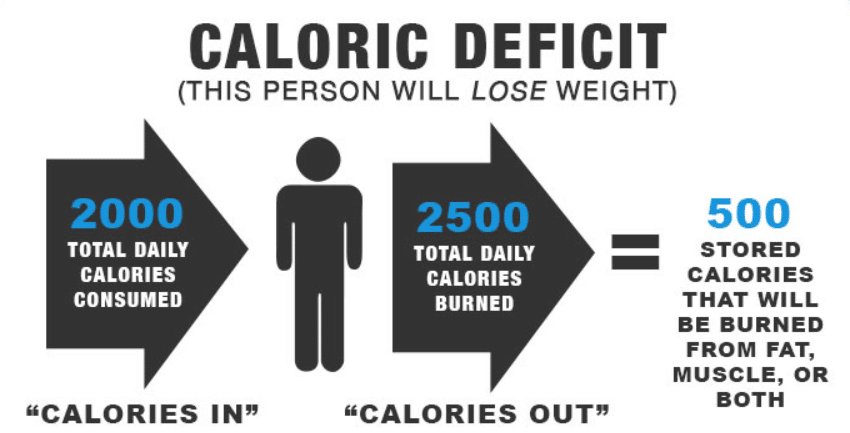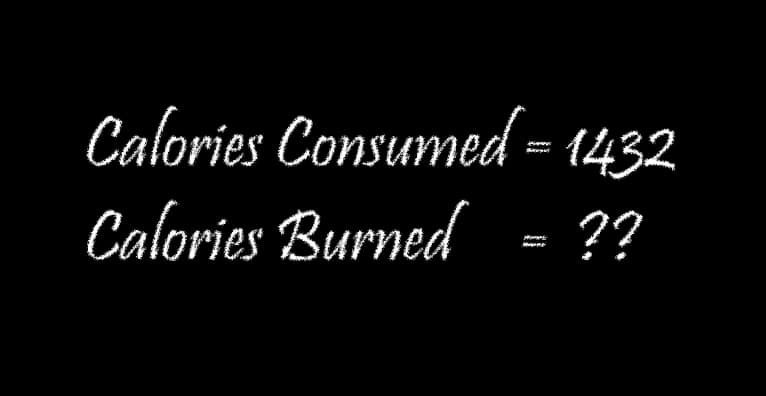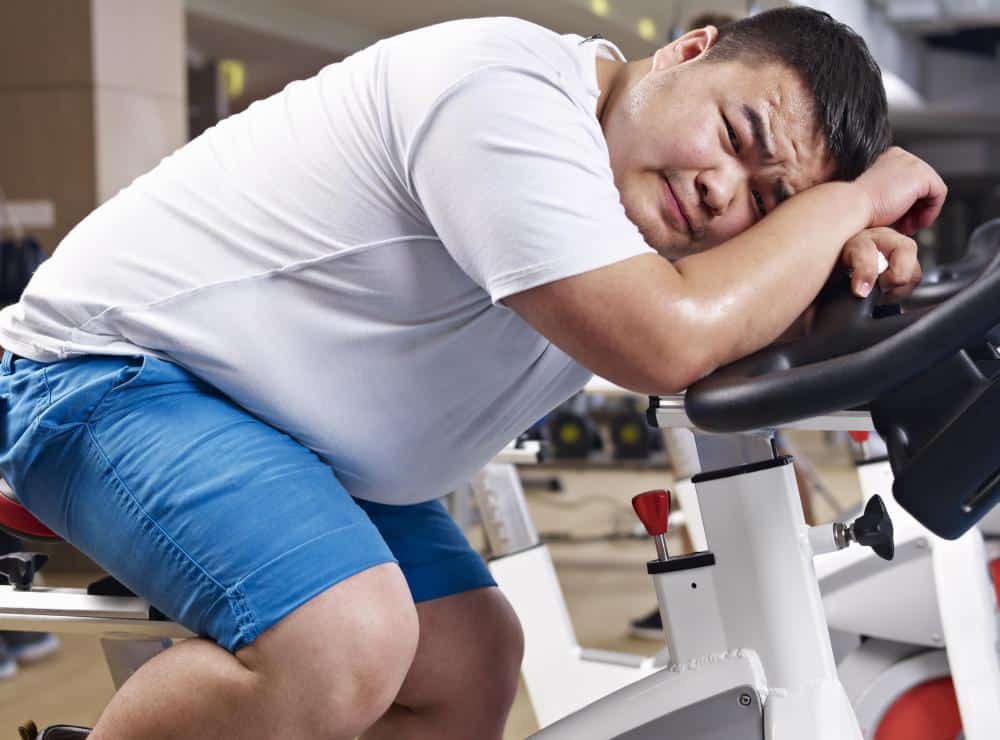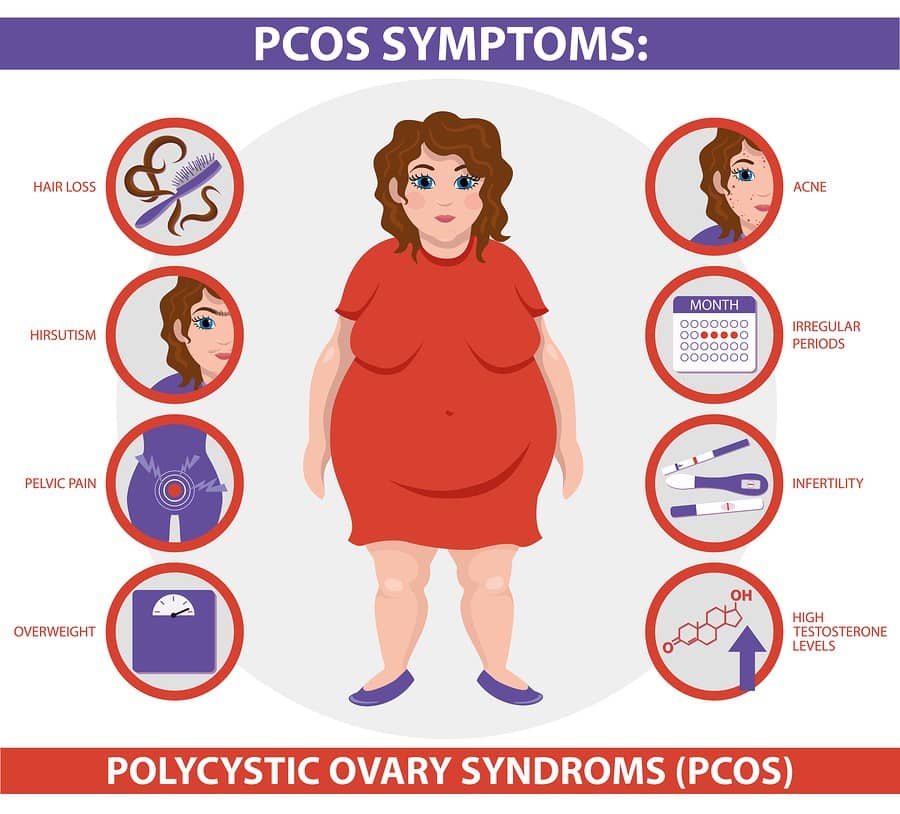Losing weight is often envisioned as a straightforward journey of calorie counting and regular exercise. Yet, many find themselves stuck, despite following these apparent guidelines. This frustration can lead to a cycle of dieting despair and confusion about what might be going wrong. This post aims to shed light on the less obvious obstacles in the path to weight loss and offer practical solutions. By understanding and addressing these issues, achieving a healthier weight becomes a more attainable goal.
Contents
Insufficient Calorie Deficit

The cornerstone of weight loss is a calorie deficit; consuming fewer calories than burned leads to weight reduction. However, accurately tracking calorie intake is challenging. Many underestimate the caloric content of foods, especially when eating out or consuming processed foods. Moreover, small miscalculations over time can significantly impede progress. Ensuring a sufficient calorie deficit requires diligent tracking and an understanding of nutritional values, fostering a mindful approach to eating.
To tackle this issue, consider using food tracking apps and tools designed to provide a more accurate depiction of daily calorie intake. Additionally, learning to read nutritional labels and measure portion sizes can greatly enhance the ability to maintain a calorie deficit. It’s also helpful to prioritize whole, nutrient-dense foods that are less calorie-dense and more satisfying, naturally leading to reduced calorie consumption without the feeling of deprivation.
Overestimating Calorie Burn

The belief that one can eat more because of high-calorie burns during workouts is a common misconception. Many overestimate the calories expended through exercise, compensating with increased food intake, which counteracts the calorie deficit needed for weight loss. This miscalculation can be discouraging, as it appears as though despite rigorous exercise, weight loss stalls or is slower than expected.
One method to address this is by using heart rate monitors and fitness trackers that provide a more accurate estimate of calories burned. However, it’s crucial to remember these devices have their limitations and can also overestimate calorie expenditure. Thus, relying solely on these metrics for managing food intake might not be effective. A more reliable approach is to focus on consistent dietary habits and view exercise as a supplement to a well-regulated diet, rather than an excuse to eat more.
Poor Sleep Quality And Duration

The role of sleep in weight loss is often underestimated. Poor sleep quality and insufficient sleep duration can lead to hormonal imbalances that increase appetite and cravings for high-calorie, sugary foods. Specifically, the hormones ghrelin and leptin, which regulate hunger and fullness, become skewed, prompting overeating. Furthermore, lack of sleep can lead to decreased motivation to exercise and make healthier food choices, further hindering weight loss efforts.
To combat this, establishing a consistent sleep schedule is paramount. Aim for 7-9 hours of quality sleep per night by creating a conducive sleep environment: reduce exposure to blue light before bedtime, maintain a comfortable bedroom temperature, and establish a relaxing pre-sleep routine. These steps can significantly improve sleep quality, which in turn supports weight loss by regulating appetite hormones and energy levels.
Stress And Emotional Eating

Stress is a significant factor that contributes to weight loss challenges. It triggers the release of cortisol, a hormone that can increase appetite and cravings for unhealthy, high-calorie foods. Emotional eating becomes a coping mechanism for many, derailing efforts to maintain a healthy diet. This cycle of stress and eating not only prevents weight loss but can also lead to weight gain. Recognizing the triggers of emotional eating is the first step toward addressing this issue.
Developing healthier coping mechanisms for stress is crucial. Activities such as exercise, meditation, and engaging in hobbies can reduce stress without relying on food for comfort. Additionally, keeping a food diary can help identify patterns of emotional eating. When the urge to eat based on emotions arises, it’s recommended to pause and consider whether hunger is the true driving force. Finding support through counseling or support groups can also provide strategies for managing stress and emotional eating effectively.
Inadequate Protein Intake

Protein plays a crucial role in weight loss, as it can enhance satiety, reduce appetite, and support muscle mass, which in turn boosts metabolism. A diet low in protein might lead to snacking and overeating, as feelings of fullness are less likely to occur. Ensuring adequate protein intake is essential for those aiming to lose weight, as it helps keep hunger at bay and supports bodily functions necessary for fat loss.
Incorporating a variety of protein sources into the diet is advisable, including lean meats, fish, dairy, legumes, and nuts. For vegetarians or those with dietary restrictions, exploring alternative protein sources and supplements can help meet daily requirements. Planning meals and snacks around protein can ensure consistent intake throughout the day, aiding in weight management and muscle preservation during the weight loss process.
Relying Solely On Exercise For Weight Loss

Many believe that exercise alone can lead to weight loss, neglecting the importance of dietary habits in the equation. While physical activity is beneficial for health and can assist in creating a calorie deficit, it is not as effective as dietary changes for weight loss. An overreliance on exercise can lead to frustration, as significant weight loss is difficult to achieve through exercise alone without addressing dietary intake.
Adopting a balanced approach that combines physical activity with mindful eating is more effective for weight loss. Exercise should be viewed as a tool to improve health and support a calorie deficit, not as a sole solution. Incorporating a variety of activities, including strength training and cardio, can enhance the overall weight-loss strategy by increasing muscle mass and calorie expenditure.
Underlying Medical Conditions

Certain medical conditions and medications can impede weight loss efforts, making it more challenging to shed pounds. Conditions such as hypothyroidism, polycystic ovary syndrome (PCOS), and insulin resistance can affect metabolism and appetite, complicating weight loss. Recognizing that these conditions may require specialized approaches to weight management is important.
Consulting with healthcare professionals can provide insights into how to adjust weight loss strategies to accommodate medical conditions. In some cases, managing the condition effectively can lead to improved weight loss outcomes. Medications might be adjusted, and specific dietary or exercise recommendations may be made to support weight loss despite these challenges.
The Bottom Line
Addressing weight loss barriers requires a comprehensive approach that goes beyond simple calorie counting and exercise routines. Recognizing the impact of stress, emotional eating, inadequate protein intake, and the limitations of exercise alone in achieving weight loss goals is crucial. Furthermore, understanding the role of medical conditions in weight management can provide a clearer path forward. Patience, persistence, and a willingness to adjust strategies are key to overcoming these obstacles. With the right mindset and approach, achieving a healthier weight is an attainable goal for many.


